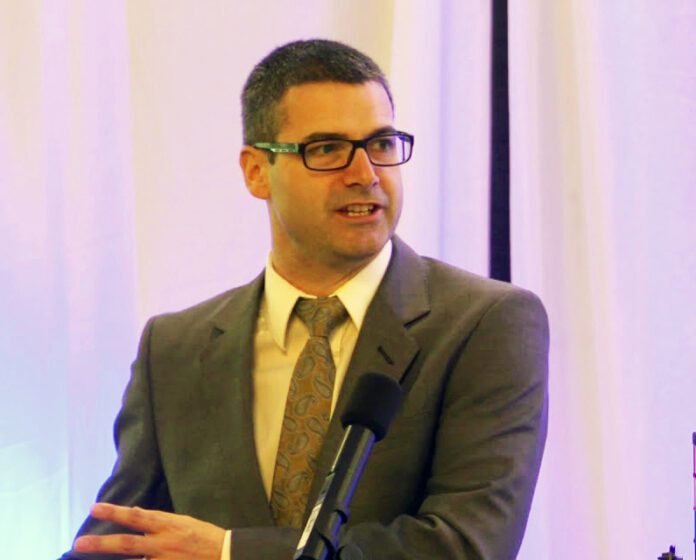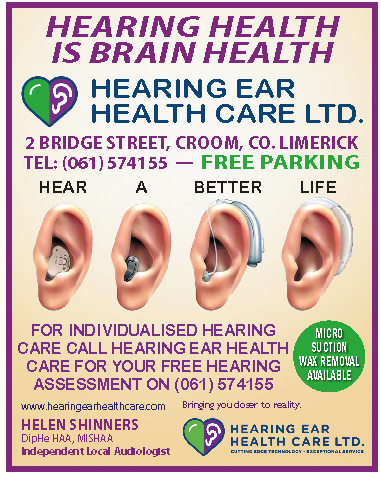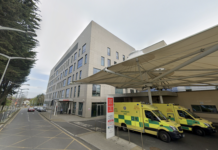
THERE were 252 reports of attacks on medical staff in the University Of Limerick Hospitals Group since January of last year, according to figures released to the Limerick Post
And the Irish Nurses and Midwives Organisation (INMO) has claimed that the number of attacks can be linked to hospital overcrowding.
A spokesman for the UL Hospitals Group said “Of these incidents, 201 were reported in 2021 and 51 in the first quarter of 2022. It should be noted that in 71 per cent (179) of all cases recorded during this 15-month period, no injuries arose to healthcare workers.
“However, regardless of the level of harm that arises, UL Hospitals Group encourages our staff to report all incidents that occur. These incidents can be traumatic for staff even if no physical injury occurs.
“Staff are encouraged to report all “near misses” and incidents – including those that do not result in harm. Hence, the number of incident reports should not be considered as indicative of a level of harm. There may also be multiple reports relating to the same incident.”
He said that there is a comprehensive support system, including counselling and financial support for those who have suffered verbal or physical attack as well as those who suffer and illness.
“There is an emphasis on training and equipping the workforce effectively with skills on risk identification and the management of violence and aggression,” the spokesman added.
National figures released by the HSE show that healthcare staff reported 5,672 cases of verbal, physical, or sexual assault in the workplace.
Of those, nurses have borne the brunt, with 2,876 reported assaults in 2021 and 540 incidents this year.
Tony Fitzpatrick, director of industrial relations with the Irish Nurses and Midwives Organisation, said there are links between hospital waiting times and assaults on staff.
“The research shows that assaults are more frequent when patients and their families are forced to wait for very long periods in overcrowded hospitals,” he said.
“Unfortunately, nurses and midwives are the most visible workforce in the health service and they often bear the brunt of those assaults.
“We also know that assaults are under-reported and the numbers are much higher than those we hear about.
“There’s a lot of it that’s alcohol-related, so we need to make sure we’ve proper security and proper protection for nurses, who clearly bear the brunt.”
He said that part o the problem “comes down to extra beds and changes in how emergency departments are managed. There’s no justification for this, we need to take a zero-tolerance approach.
“It is an accepted fact that we will end up with these waiting times but some hospitals took a zero-tolerance to waiting times and were very successful in cutting them.”









